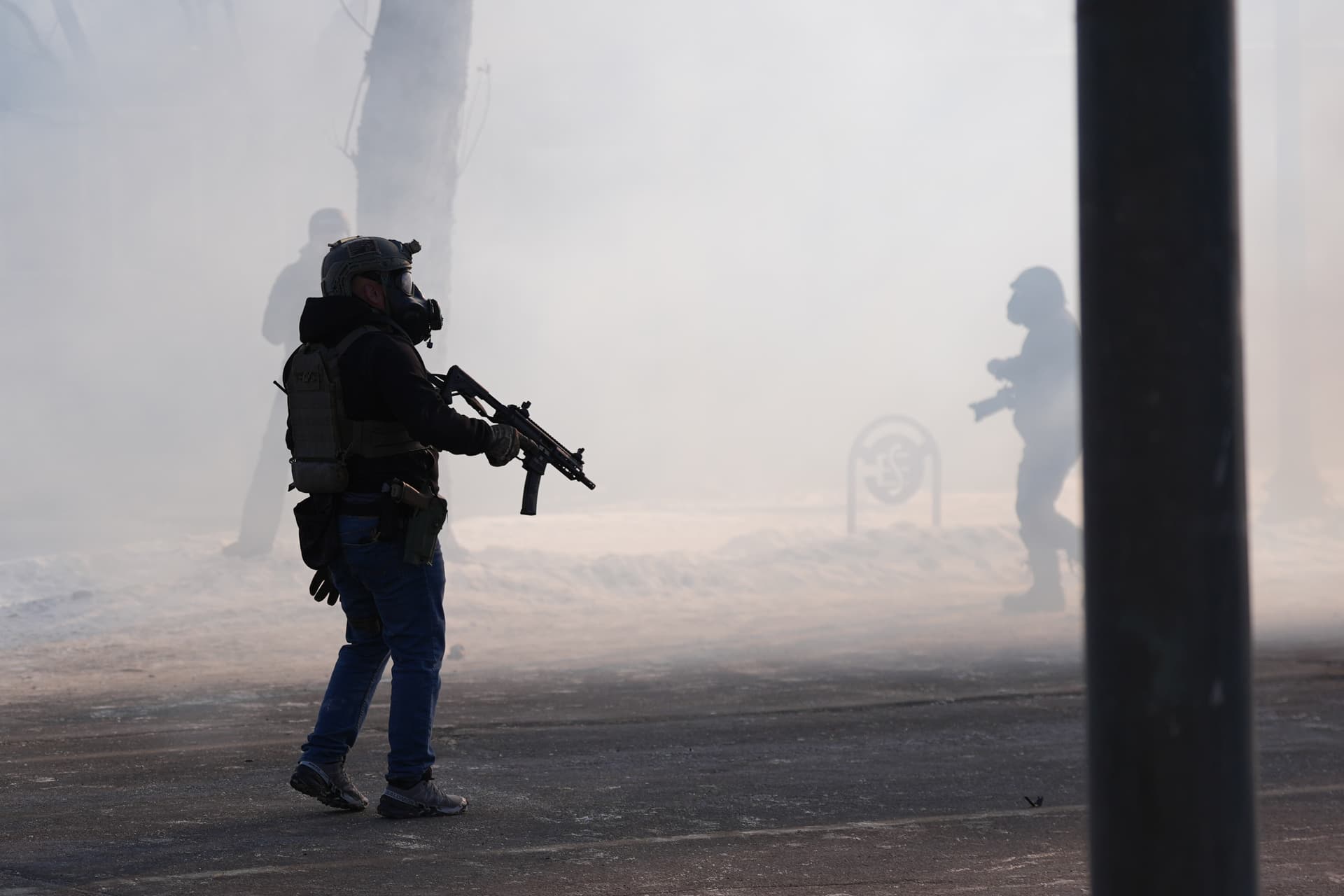
Redistricting Wars Kicked Off By Trump Poised To Linger Well Into 2028 Election Cycle
By MATTHEW RICE
|Congressman Baker’s pain at the loss of his daughter is shared by Haitians as the country awaits Kenyan police forces

Already have a subscription? Sign in to continue reading
$0.01/day for 60 days
Cancel anytime
By continuing you agree to our Privacy Policy and Terms of Service.

By MATTHEW RICE
|
By LUKE FUNK
|
By WILL FRIEDWALD
|
By MATTHEW RICE
|
By DANIEL McCARTHY
|
By NOVI ZHUKOVSKY
|
By GEORGE WILL
|
By JOSEPH CURL
|